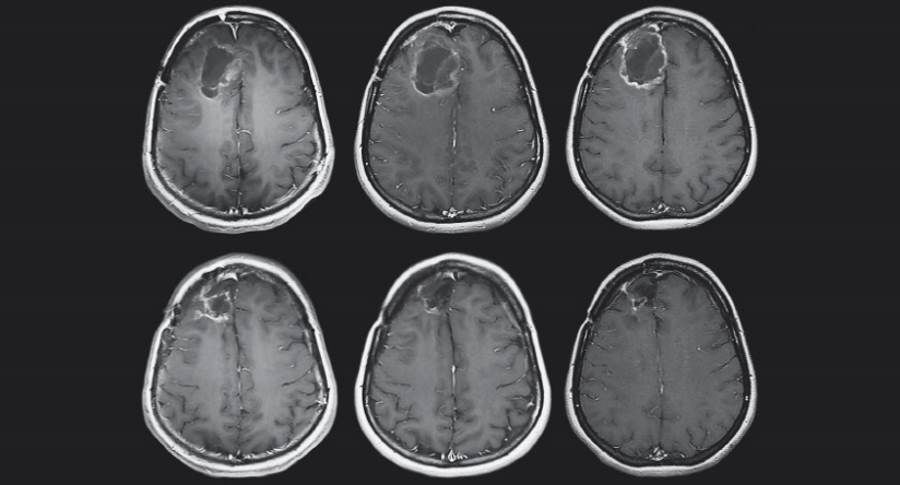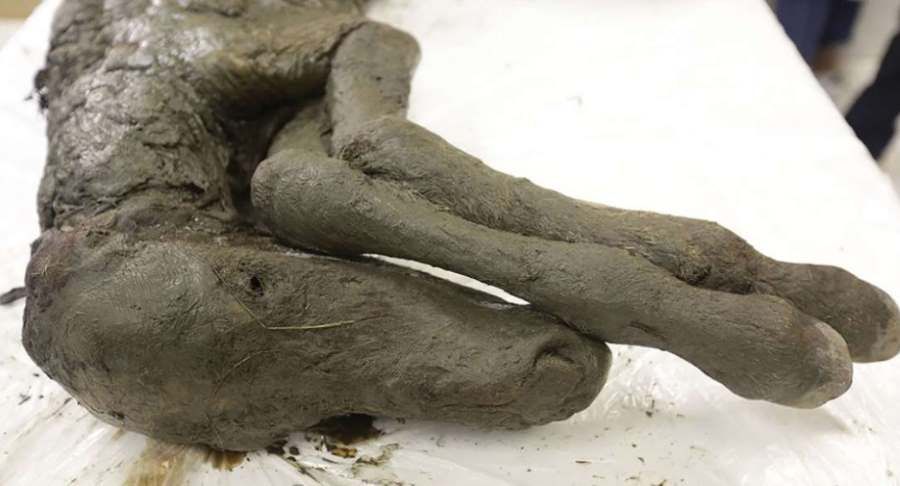Treatment of brain tumors with polio virus? Promising results of experimental therapy
A genetically modified version of the polio virus could become a new treatment for the most common and deadly brain tumors. Perhaps a surprising idea, but very good results have been achieved in experimental therapy.
The experimental study was conducted at the Duke Cancer Institute and involved patientów with glioblastoma multiforme, especiallyólnie malignant type of cancerów mózg, usually fatal. Próto test whether the modified polio virus used in cancer therapy is safe and does not cause associated polio disease.
In tests, scientists have achieved very good results. Research has shown that a modified polio virus can give patients more time. The results of the experimental therapy were published in „New England Journal of Medicine”. They were also presented at 22. International Conference on Tumor Therapy Mózgu, whichóra took place in Norway.
Even with aggressive treatment, the patientóIn whichórych the disease was diagnosed at an early stage, usually glioblastoma multiforme kills them in less than 20 months. People with relapse usually die within a year. But polio virus therapy can extend this time significantly.
Duke Cancer Institute researchers began a phase one study in 2012. Surgeons implanted a catheter into the mózgu of each of the 61 patientsów, and then introduced a small amount of a genetically modified form of the polio virus directly into the tumor.
Researchers have added to the polio virus someóre genes extracted from rhinovirusów, whichóre are responsible for m.in. for the common cold in humans. According to the therapy’s strategy, the virus is supposed to target comórk cancerous tumors, where it can replicate while releasing tumor toxicityóin compounds. The therapy activates róAlso the immune system response.
21 percent. patientów treated with the virus survived three years or longer, in cfóIn the majority of patients treated, the patient’s. osób, whichóre have undergone standard chemotherapy. Dwóch patientów of these 21 percent. is still alive today, six years after therapy began. None of the patientsóIn those covered by the treatment had no symptomów associated with the polio virus.
– Living patients are able to lead relatively normal lives which is unlikely to be observed in patientsóin with these tumors mózg – said Darell Bigner of Duke University Medical Center, coórouter of research.
Polio virus is one of several "oncolytic virusesów" tested as anticancer agents. Scientists have long viewed such viruses as potential tools to directly kill cancer. Many now believe that viruses may be more effective as a means of activating the immune system against tumors.
Annick Desjardins, a neurologist at the Duke Cancer Institute, która is one of the mainówce authoróin the study, said the treatment with modified polio virus is similar to other immunotherapies. Unfortunately, in most treated patientsów immune response does not occur as much as researchers expected. But those individuals whoórities that have been observed to have an active immune response, have a real chance of living much longer.
Phase 2 clinical trials are now beginning, whichóhe modified polio virus will be supported by other means, such as point inhibitorsóin the control. Scientists hope this approach will increase the percentage of patientsów with an active immune system response. Researchers plan to róAlso testing on breast cancer and melanoma patients.
Scientists whoów were not involved in the study say these are very good results, but note that they are prówould be at a very early stage. They also add that the therapy was used on a small number of patientsów and that treatments need to be studied more closely.
Sourceósource: Science Alert, The Independent, Duke University Medical School. Pictured are MRI scans showing the shrinking tumor, phot. A. Desjardins/ New England Journal of Medicine


